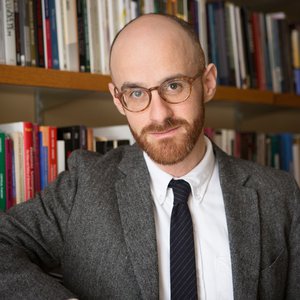PCT17: Genealogy in the Humanities
About
Genealogy in the Humanities is a collaborative initiative between Syracuse University and Cornell University supporting research and programing in the genealogical humanities and humanistic social sciences.
Open to New People
Active since: 2020
- Syracuse University
- Cornell University
Collaborative Goals
The goal of this working group is to support research in three areas of genealogical research: 1) genealogy as a philosophical tradition, 2) genealogy as a practice of critique, 3) genealogy as a methodology of historical research. Our goal is to bridge disciplinary divides in genealogical research to facilitate collaborative research synergies and programing, support ongoing faculty and graduate research projects, and create spaces for critical methodological analysis and graduate training.
Group Organizers

Group Members
- Begum Adalet, Assistant Professor, Government, Cornell University
- William Cameron, Graduate Student, Government, Syracuse University
- Ani Chen, Graduate Student, Government, Cornell University
- Jill Frank, Professor, Government, Cornell University
- Gail Hamner, Professor, Religion, Syracuse University
- Patchen Markell, Associate Professor, Government, Cornell University
- Ewa Nizalowska, Graduate Student, Government, Cornell University
- Erik Petrie, Graduate Student, Government, Cornell University
- Shirley Le Penne, Graduate Student, Government, Cornell University
- Tessy Schlosser, Graduate Student, Government, Cornell University
- Carlos Ramirez Arenas, Graduate Student, Religion, Syracuse University
- Naz Oktay, Graduate Student, Philosophy, Syracuse University
- Weiting Huang, Graduate Student, Philosophy, Syracuse University
Activities
Shelley Lynn Tremain, Bioethics De-Mystified
Jan. 19, 2024, 3 p.m.